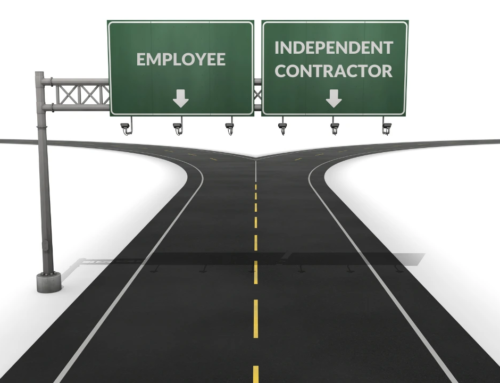Last year, the Illinois Equal Pay Act (IEPA) of 2003 was amended to require private employers with 100 or more employees in the state to obtain an Equal Pay Registration Certificate, which includes submitting pay data by gender and race. The first application deadline for some employers is May 25, 2022.
What is the Illinois Equal Pay Act
The 2003 Illinois Equal Pay Act applies to employers with four or more employees and prohibits them from paying unequal wages to men and women for doing the same or similar work and from paying unequal wages to African-American employees for doing the same or similar work as someone who is not African-American.
Exceptions include pay based on a seniority system, merit system, or the quantity or quality of production—factors other than gender or race. No exceptions are made for an employer’s different locations if they are within the same county.
Complaints can be filed by employees within one year of the pay disparity via the Illinois Department of Labor (IDOL) website. The IDOL will investigate claims and may review up to three years of the employer’s pay data prior to the date of the complaint.
2021 Amendment to the IEPA
A 2021 amendment to the IEPA requires employers with 100 or more Illinois employees to obtain an Equal Pay Registration Certificate from the IDOL.
Equal Pay Registration Certificate applications will be accepted between March 24, 2022, and March 23, 2024, and specific due dates will be assigned to each Illinois employer by the IDOL at least 120 days prior to the application due date. Recertification will be required every two years.
Having been notified in January, the first group of Illinois employers was assigned an application deadline of May 25, 2022, just before the Memorial Day weekend.
Applying for the certificate includes submitting the EEO-1 report, a list of employees that includes gender and race or ethnicity, date of hire, and wages paid. There is also a compliance statement requirement, signed by a company officer, and a $150 application fee. Fines for reporting noncompliance may be as much as $10,000.
What employers should consider
- If you have not already done so, review pay data for all employees by gender and race to ensure pay equity.
- Formalize a plan to make any pay adjustments necessary to ensure fair pay for all workers. Your employment attorney can provide expertise during this process.
- Determine if your business meets the employee count threshold that requires the Equal Pay Registration Certificate.
- Complete and submit the Equal Pay Registration Certificate application and payment by the assigned due date for your business.
- If the IDOL begins an investigation of your organization, consult your employment attorney to bring your company into compliance with the Illinois Equal Pay Act.




